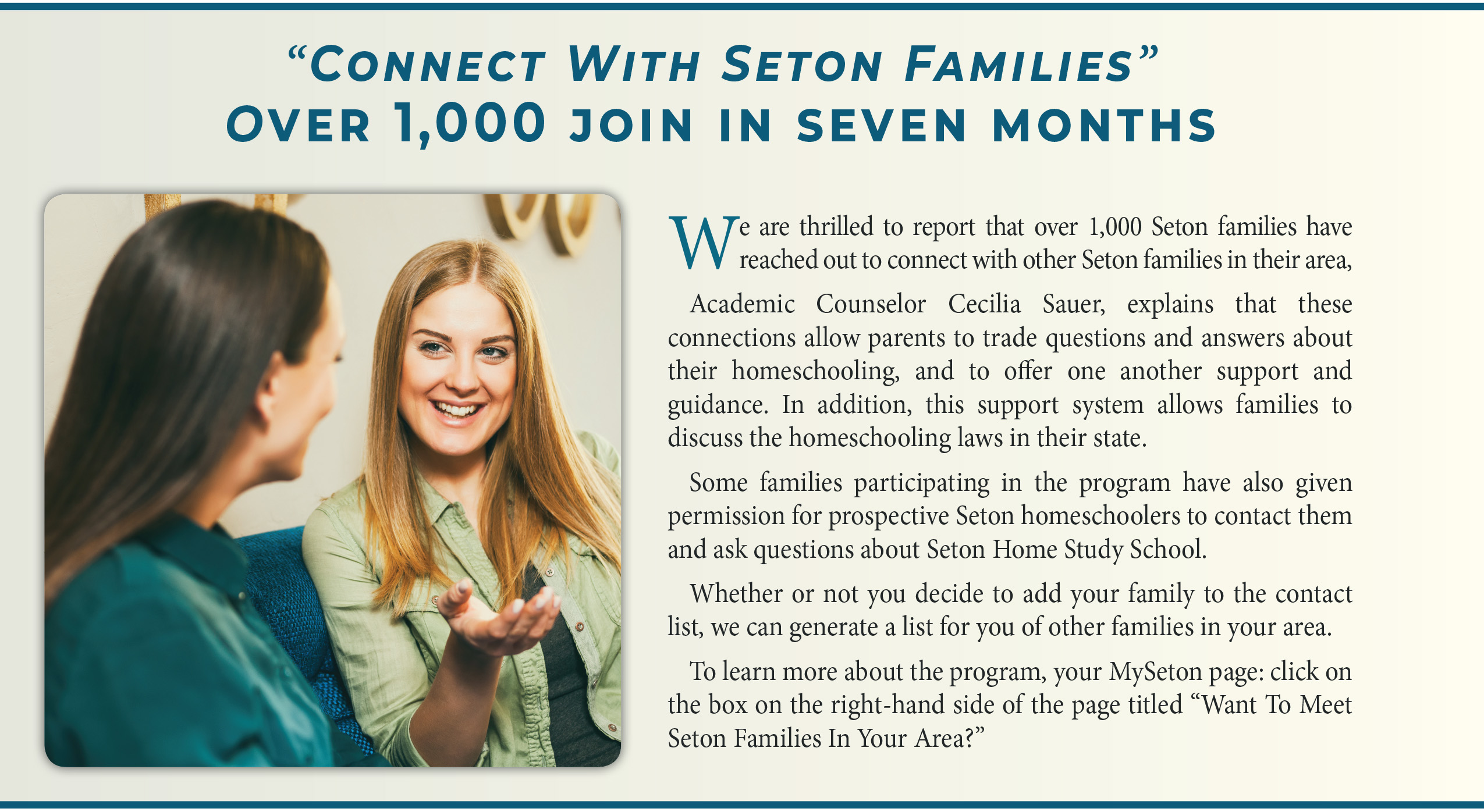Summary
With Thanksgiving and Christmas coming, Dr. Clark shares how modifying your homeschooling schedule, with an eye on the essentials, will keep you on track.With Thanksgiving and Christmas coming, how can I keep up the homeschooling pace?
You may not be able to keep up with the usual schedule, but perhaps the children can do the assignments a little differently. If possible, keep your children reading and doing writing assignments.
If any of the children are struggling with math or English, they could be doing a few assignments every day, even if for only half an hour.
Spelling and vocabulary could be done at least twice a week during the holidays for students needing continuous practice. History and science are two subjects you can put aside temporarily; the children can catch up later.
High school students definitely should continue their studies, especially in areas such as English, foreign language courses, and math.
Assign any subject which could become a problem if your child does not do assignments continuously. Subjects like science and history could be delayed in most cases.
How much time should we spend each day on schoolwork?
Parents need to decide how much time should be spent each day on schoolwork.
It depends so much on the age, and the needs and the abilities of each child. Young children should be taught in short time frames, perhaps 20 minutes per subject, while high school students certainly should take 30 to 40 minutes per subject.
Of course, reading for a book report should be done outside that “work” time, which is a normal procedure for junior high and high school students.
A student who can finish up his math in a short time may need to spend more time with his English or book report.
When I taught my sons, anything that was assigned during the week and was not done, had to be done on the weekend. This way, we “kept up” with what I considered appropriate time for assignments.
I understand you recommend siblings taking courses together. Ours is only one grade level apart. Suggestions?
Seton officially encourages parents to combine students in the same courses if at all possible.
For instance, students can take the same art, music, and P.E. Students also can easily be combined for the science and history courses.
Many new families combine students in English because older students have had no English lessons in previous schools.
Obviously, students in high school need “credit” for their courses, so they may need to “learn” the concepts at the lower level before doing high school level assignments.
Some of our family relatives are upset about our home schooling. How do I deal with this?
You are responsible for your children’s education. It is your primary God-given duty. With prayer and sacrifice, you are giving your children the very best in Catholic education.
With all the problems going on in the schools today and in the society, I cannot believe anyone would question the great sacrifice that parents are making to teach their children at home.
On the contrary, friends and family should all be praising such parents who are giving up extra jobs and personal activities.
Frankly, family members and friends should be offering to help!
How do I know which assignments to send to Seton?
The four Quarter Report Forms, found in your lesson plans, are very clear about which assignments parents are to grade and to submit grades to Seton.
The items on the top half of the QRF are specific for your grade. The bottom half of the QFR lists the specific assignments which are to be submitted to Seton for grading.
Some of the Seton-graded tests or assignments [such as book reports] may be sent to Seton by mail, or if you prefer, you may upload them through MySeton.
Can I have my teenagers help teach the younger children?
We believe that older children can and should help with teaching the younger children. In a few families, the older children delay college until after they have spent a year helping to home school the younger children.
In some cases, an older student will enroll in an online college course while staying home to help with the home schooling of the younger children. In some of these cases, the older student also finds a part-time job to help pay for the upcoming college expenses.
By the way, we hear from the colleges that home school students do very well as they have developed independent study skills!

 Seton Magazine Catholic Homeschool Articles, Advice & Resources
Seton Magazine Catholic Homeschool Articles, Advice & Resources














































